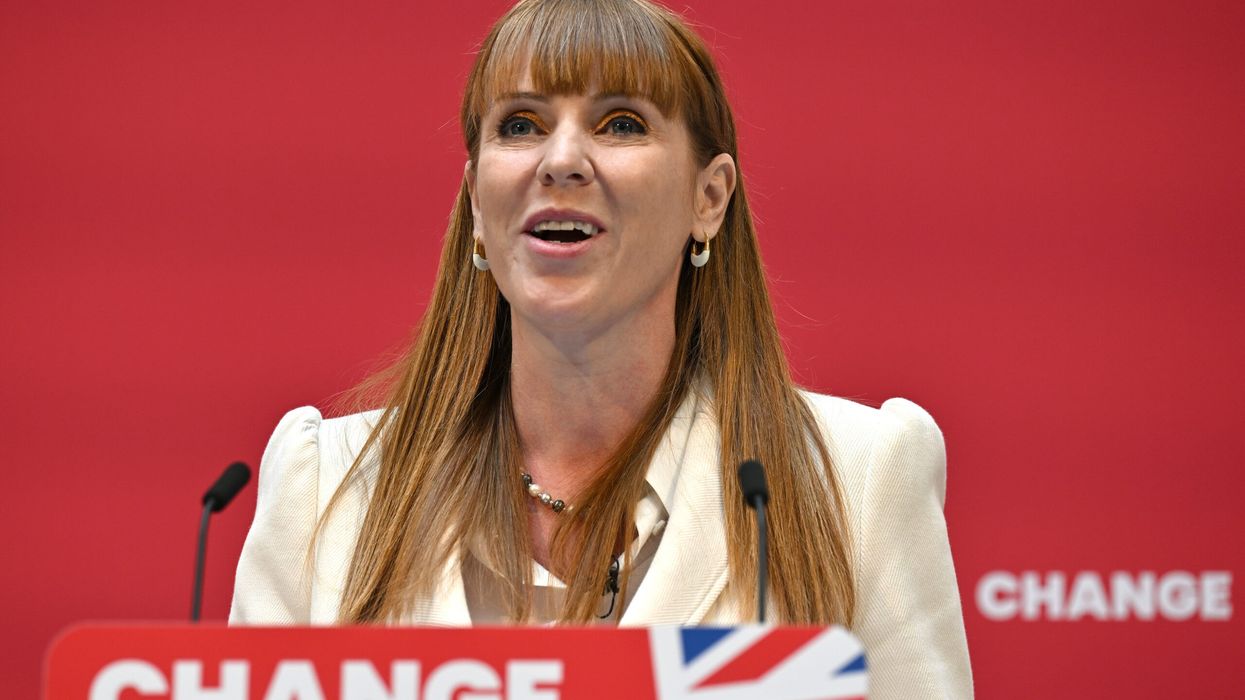With the Labour Party widely expected to win next month's UK general election, speculation is growing about who leader Keir Starmer might appoint as senior ministers.
Here are the contenders for the most prominent positions:
Deputy prime minister: Angela Rayner
Angela Rayner, 44, stands out in a political landscape often dominated by those educated at private schools and top universities. She grew up in social housing in northern England, left school without a degree, and became a single mother at 16.
A trade unionist before entering parliament in 2015, she was elected Labour's number two in 2020. Rayner's left-wing background and straightforward style contrast with Starmer's more formal public persona.
"He smooths off my rough edges. I bring him out of his shell," she has said.
Besides being deputy prime minister, Rayner would handle housing policy and address regional inequalities.
Finance: Rachel Reeves
Rachel Reeves, a former Bank of England economist, is poised to become the first female chancellor of the exchequer, residing next door to Starmer at 11 Downing Street.
Reeves, 45, has described this possibility as breaking "the last glass ceiling in politics."
Central to Labour's efforts to regain economic trust, she asserts it is now "the natural party of British business."
Known for her economic competence, Reeves has promised "iron discipline" on public finances.
The former child chess champion, an MP since 2010, has pledged to be "pro worker" and "pro business."
Foreign affairs: David Lammy
David Lammy, 51, a black lawmaker with roots in slavery, has developed his diplomatic vision through numerous foreign trips over the past two years.
He argues that the foreign ministry needs to "rediscover the art of grand strategy" post-Brexit.
An MP since 2000, Lammy is expected to steer Britain towards closer EU ties, a challenging task given the hesitance in both Brussels and among eurosceptic Britons.
He will also face pressure on Labour's policies towards Israel and the conflict in Gaza.
A friend of Barack Obama, Lammy may also have to navigate a potential return of Donald Trump, whom he has called a "neo-Nazi sympathising sociopath" and "profound threat to the international order."
Home affairs: Yvette Cooper
Yvette Cooper's extensive political experience will be tested as she leads the Home Office, known for its challenges.
An MP since the late 1990s and a minister in the 2000s, she has been Labour's home affairs spokesperson during two periods in opposition.
A 2015 party leadership candidate, Cooper is praised for her policy knowledge and communication skills.
Immigration, a key election issue, will likely dominate her portfolio.
Health: Wes Streeting
Wes Streeting, a centrist with a high profile in the election campaign, is seen as one of Labour's best communicators.
The 41-year-old from a working-class background in east London is a potential future leader.
Before that, he must tackle the National Health Service's (NHS) challenges, exacerbated by years of Conservative austerity and the pandemic.
Streeting, a cancer survivor, will draw on his personal NHS experiences.
Defence: John Healey
John Healey, a party veteran, is expected to become defence secretary as global insecurity rises, particularly with the war in Ukraine.
The 64-year-old, an MP since 1997, held several government posts during Labour's previous 13-year tenure. Labour has pledged to increase military spending to 2.5 per cent of GDP (from 2.3 percent this year) "as soon as" economic conditions allow.
(AFP)





